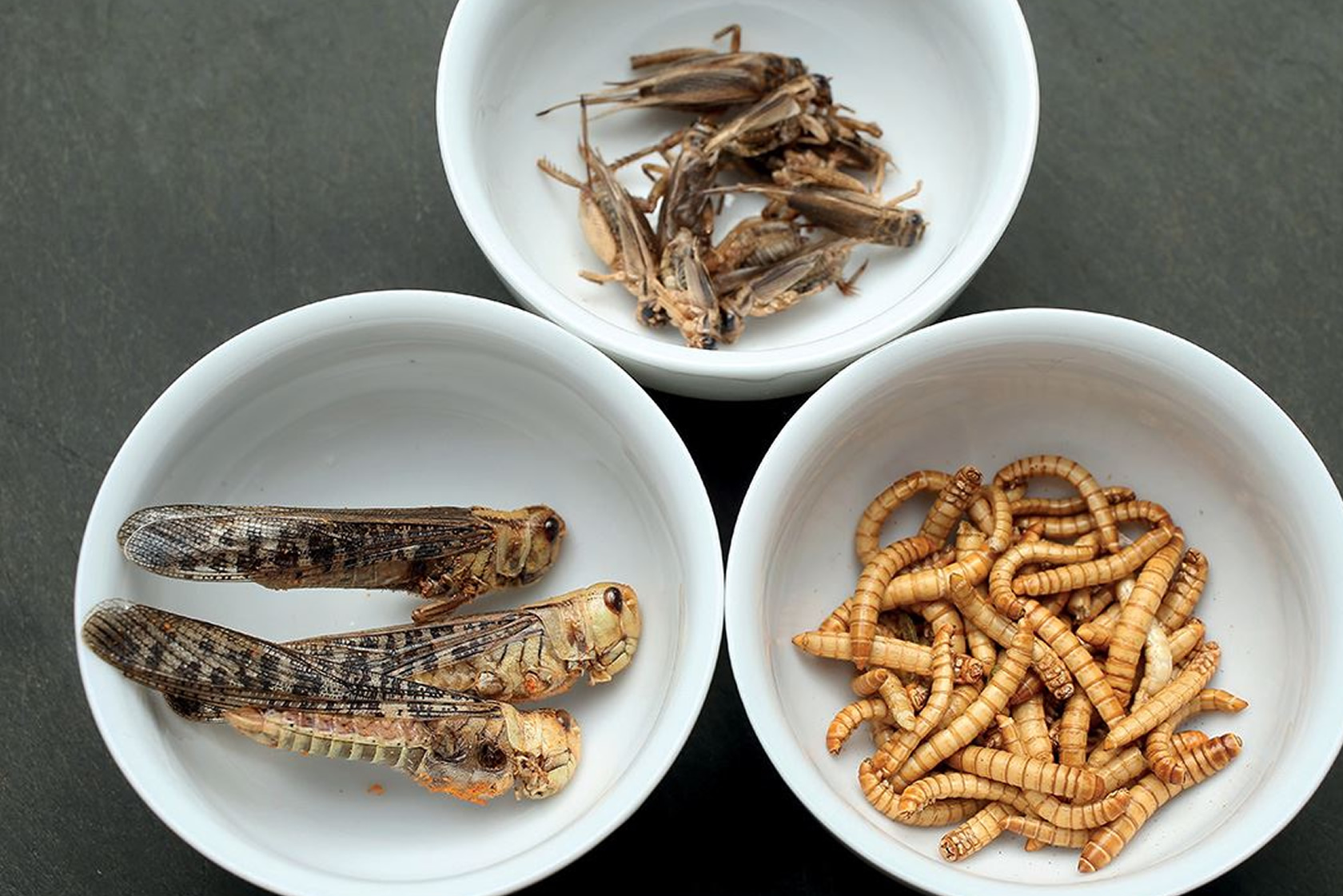 Names: Dr. Mary Akinyi Orinda
Names: Dr. Mary Akinyi Orinda
Affiliations: Jaramogi Oginga Odinga University of Science and Technology

Project Summary:
Food security and environmental sustainability remain key challenges within the context of food production. Overall, the situation has generated interest in the introduction and development of new and diversified protein sources like insects. Insects are considered a possible solution to the growing protein demand as well as achieving improved environmental sustainability and conservation of biodiversity. Use of crickets as an innovative source of high protein to both human beings and animals has been studied. Crickets, especially Acheta domesticus (House Cricket) and Gryllus bimaculatus (Field Cricket), have been found to be adaptable to mass rearing. However, the success of mass rearing of these insects depends on a number of factors of which one main component is the availability of feeds that are efficiently digested and able to provide the required nutrients for optimum growth. Availability of suitable cricket feed presents a fundamental challenge to mass cricket production especially in the Lake Victoria region. The current practice has largely depended on poultry feeds which have been found to be expensive and also exposed to competition between the two enterprises. There is, therefore, a need to explore an alternative and affordable source of cricket feed. In view of this, the project seeks to develop affordable and environmentally sustainable feed for commercial cricket production from agro by products and nutrient dense plants.
Methodologies:
Outcomes: Plant based nutrient dense cricket feed.
 Names: Dr. Mary Akinyi Orinda
Names: Dr. Mary Akinyi Orinda
Affiliations: Jaramogi Oginga Odinga University of Science and Technology
International Foundation for Science (IFS)
IFS was founded in 1972 as a non-governmental organization in Sweden, whose establishment was initiated after the 1965 Nobel Prize-winning Pugwash Conference in Venice, in order to foster original Research and Scientific growth within Low- and Lower -Middle Income Countries (LLMICs). It supports gender equality and recognizes the need to increase the diversity of underrepresented groups in science.
Highlight major activities, achievements, and milestones reached so far.
Describe the significance of the project and its potential impact on the field and society.
Expected Outcomes: Food and nutritional security, employment, source of income, poverty reduction
UN Sustainable Development Goals being addressed by the project
Two papers developed and still undergoing review.